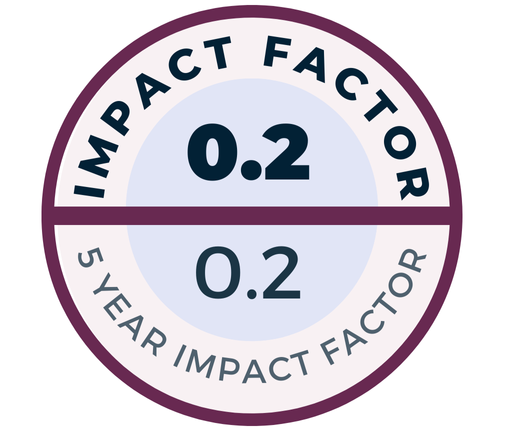Objective: Allergic rhinitis (AR) is one of the most frequently encountered allergic disorders and has a typical prevalence of between 18 and 40%. The factors which underlie allergic disorders may vary since they are linked to climate, geography, different social conditions and genetic makeup. The objective of our research was to investigate any connections between polymorphism in the serotonin transporter gene and allergic rhinitis.
Methods: This study involved the participation of two groups aged between 15 and 60 years of age who attended the ENT clinic of the Medical Faculty at Erzincan University: 100 individuals with allergic rhinitis plus a control group of 200 individuals who lacked the condition. The AR cases were established on the basis of history, physical examination and skin prick testing. Peripheral blood samples were taken from both groups and subjected to genetic analyses. The analysis utilised a 5-HTT Taqman® primer as genetic probe. The Chi-squared method was utilised for statistical analysis.
Results: 129 of the participants were female (64.5%) and 71 (35.5%) male. The average age of those participating was 34.5 ± 14.6 (range: 20-65) years. In reference to the sex distribution of the patients, 79% of the patients were female. There was a significant difference between the groups according to sex (p <0.01). No significant differences were noted between the patient and control groups when compared according to genetic polymorphism or place of residence. In 61% of the allergic rhinitis sufferers, their symptoms were seasonal. The incidence of AR was higher in both females and in those living in an urban rather than rural setting. When the polymorphism is examined in both the patient and control groups, the most common type is the mutant type. In both the cases and controls, when the polymorphism was investigated, the most frequently seen type was the Mutant variety and no signi0cant difference in frequency was noted according to sex or place of residence.
Conclusion: In this study, when the cases and controls were compared in terms of the polymorphism in the rs35521 serotonin transporter gene, there was no difference at the level of statistical significance between the frequency of occurrence of the mutant or heterozygote form of the gene.

.jpeg)
